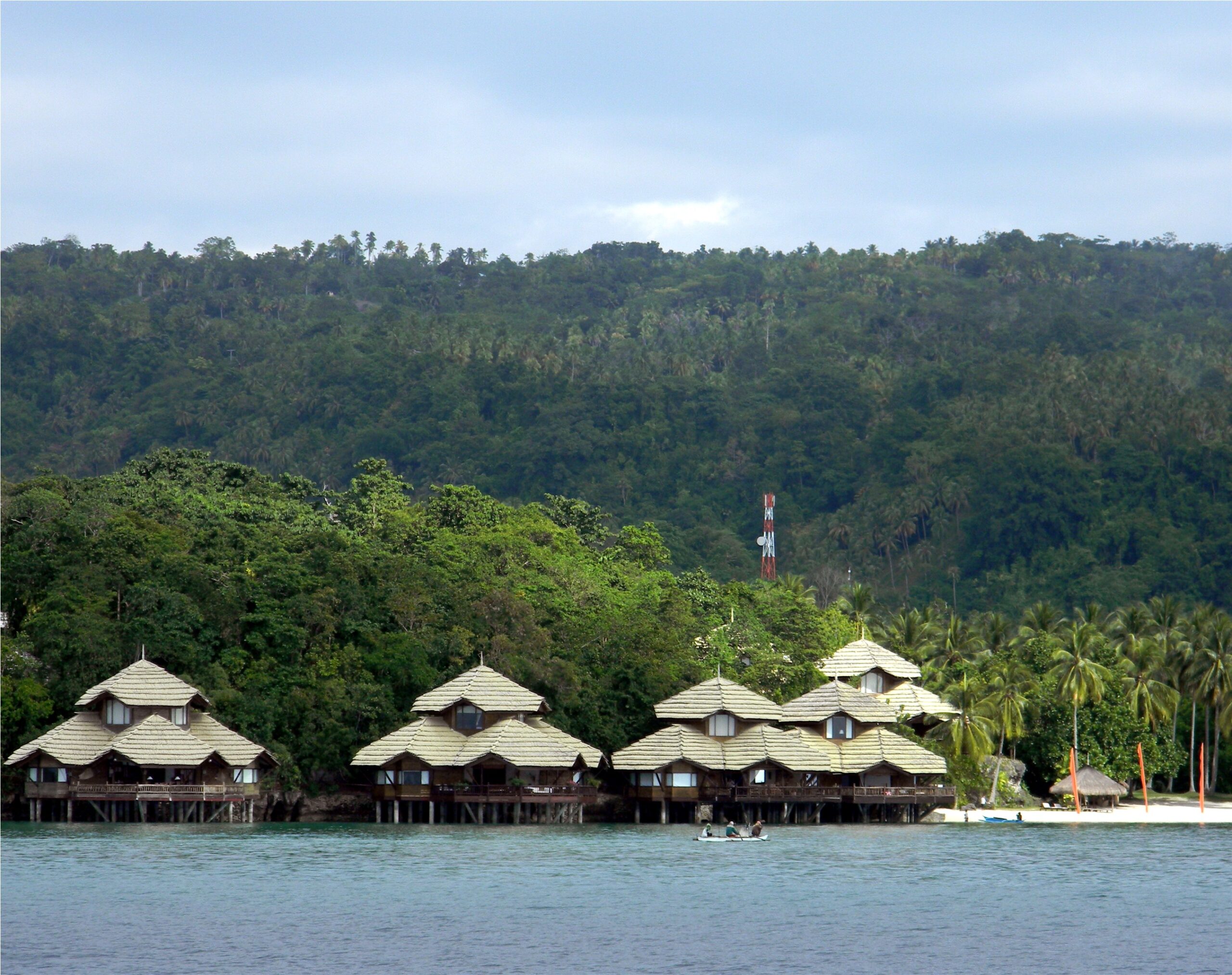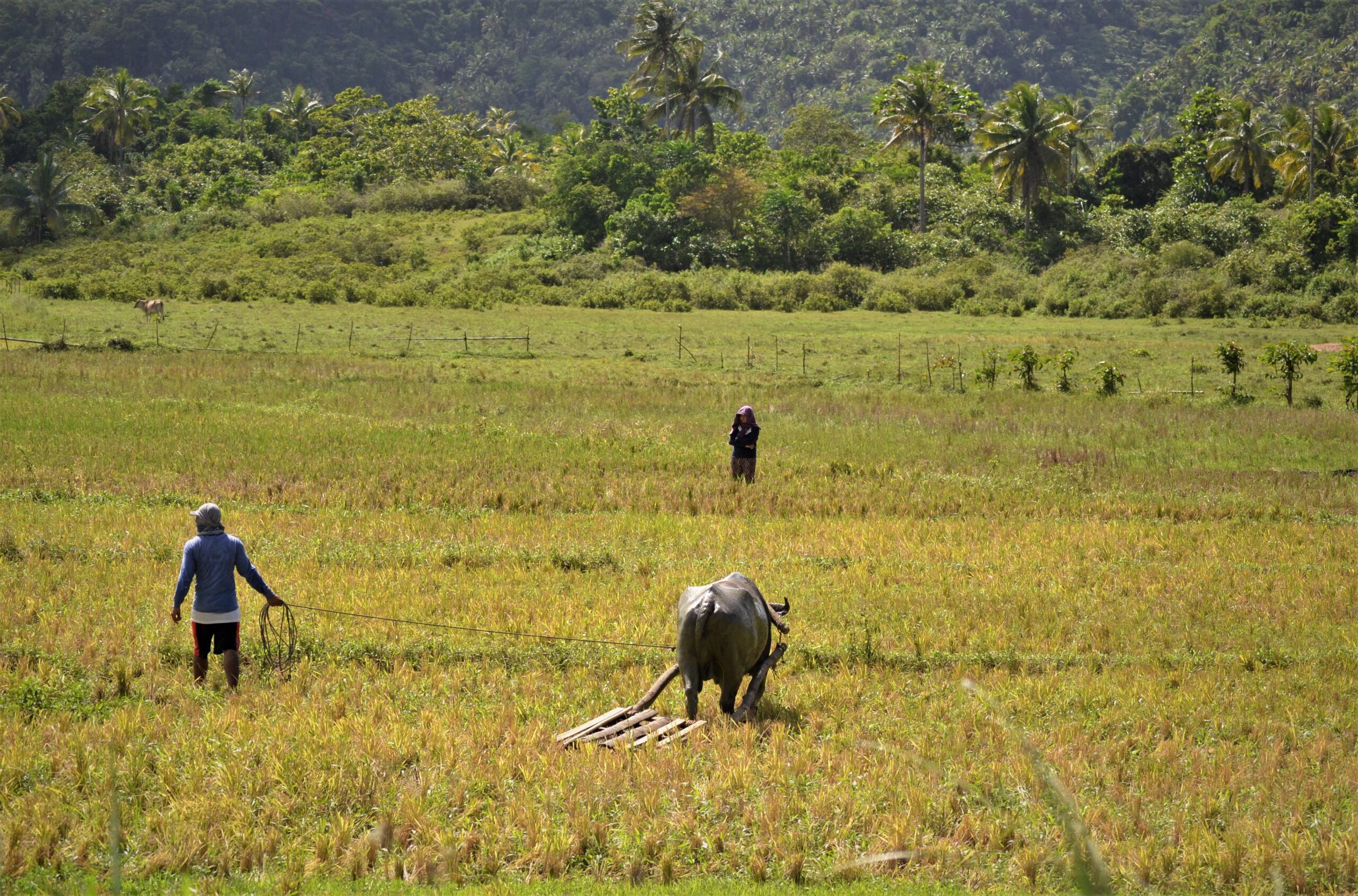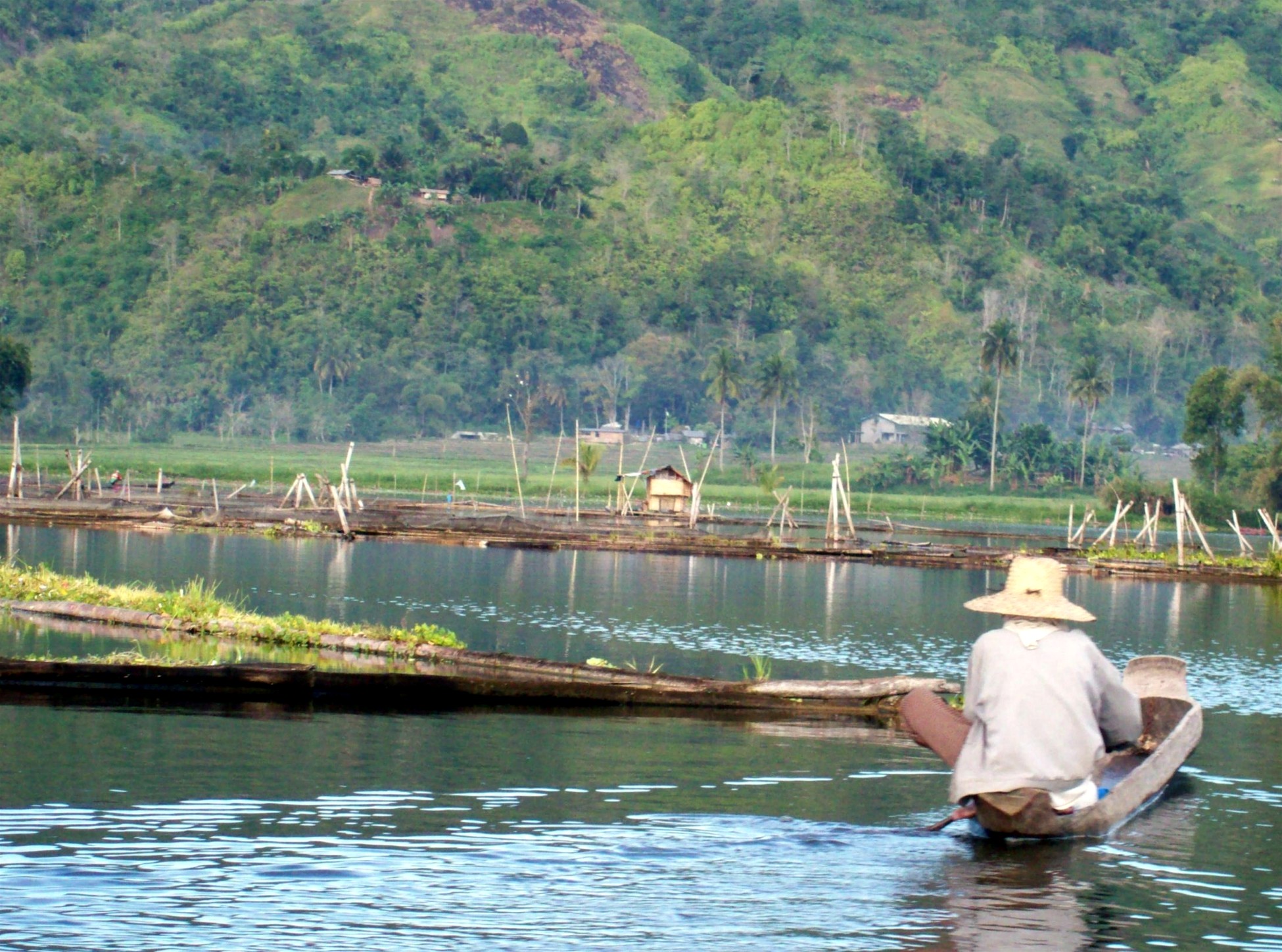Text and Photos by Henrylito D. Tacio
When I was growing up, I usually read a giant billboard (displayed in Matina) that welcomed me whenever I went to Davao City that said: “The Land of Promise.”
That was what I remembered. I didn’t know if the billboard was referring to Davao City or Mindanao. But reading the glossy book, Philippines, written by Richard Z. Chesnoff, I now think the billboard was describing Mindanao (although some may disagree with me on this matter).
“Mindanao is the future,” Chesnoff wrote in the book first published in 1978 – that’s six years after then-President Ferdinand Marcos declared Martial Law. “Vast, with some areas still uncharted, it is an island of fertile plateaus and mineral-rich mountains, mighty waterfalls and towering rainforests. It is also blessed with a climate free from typhoons that rage across most of the Philippines. The result is a promised land of enormous economic potential.”
Mindanao – named after the Maguindanaons who constituted the largest Sultanate historically – is the second-largest island in the country (after Luzon) at 104,630 square kilometers. It is the eighth-most populous island in the world.
For trivia fanatics out there, it might interest you to know that the island of Mindanao is larger compared with other 125 countries, including the Netherlands, Austria, Portugal, Czech Republic, Hungary, and Ireland.
The Environment and Natural Resources Atlas of the Philippines described Mindanao in these words: “A land of towering mosques and of cultural communities whose tales of bravery are as colorful as their tapestries.”
Muslim tribes, which account for about 10% of the island population, represent the largest minority in Mindanao. “The stilt houses and many-colored vintas boats of the seafaring Moros line the southern coast,” Chesnoff wrote. “The white-domed mosques and intricately carved torogan houses of the proud Maranao people guard the shores that surround the azure waters of Lake Lanao.”
Mindanao is also home to the collective group of indigenous tribes known as the lumad (although some don’t want to be identified as such). At the beginning of the 20th century, the lumads controlled an area which now covers almost two-thirds of Mindanao’s total provinces, but by the 1980 census, they constituted less than 6% of the population of Mindanao and Sulu.
Heavy migration to Mindanao of Christians and non-Christians from nearby Visayas and as far as Luzon, which were spurred by government-sponsored resettlement programs, “turned the indigenous lumads and Muslims into minorities,” noted Islam and the Politics of Identity, published by the Center for Philippines Studies at the University of Hawaii.
“Mindanao is the most culturally diverse island in the Philippines where people of different languages, tribes and races meet,” someone commented. “As a melting pot of different cultures, it creates a more distinct culture which is not present in other island groups in the country.”
The merging of cultures of various inhabitants has caused certain conflicts, and at times bitter warfare has raged between Christian and Muslim Filipinos. This resulted in “cycles of displacement,” which have affected various areas on the island. In Central Mindanao, for instance, cycles of displacement have peaked during the first decade of the 21st century.




Norwegian Refugee Council, in its 2009 report, “Cycle of conflict and neglect: Mindanao’s displacement and protection crisis,” noted that after decades of “low intensity conflict” in Maguindanao between 1976 and 2000, then-President Joseph Estrada’s “all-out war” strategy declared in 2000 led to the displacement of more than 930,000 individuals.
The decade that followed has been marked by “a cycle of violence” and “resumption of peace talks between the government and the Moro Islamic Liberation Front” that sought to establish an independent Islamic state in Maguindanao.
A World Bank study said that between 2000 and 2010, four out of ten households (41%) said they have experienced displacement: 29% reported displacement caused by armed groups’ movements, 9% identified ridos (blood feuds), and 9% identified other causes, such as economic displacement (3%) or natural disasters (2%).
Armed groups’ movements were by far the most frequent cause of displacement and also the most damageable, according to the World Bank study. Some provinces were more affected than others, including Maguindanao (82%), Lanao del Norte (48%) and Lanao del Sur (47%).
Other forms of violence have also been prevalent. In Maguindanao, for example, 45% of the total population reported the destruction of their house. Other forms of violence reported in that province include the destruction of goods (37%), being attacked by someone with a weapon (20%), witness looting (32%), and witness killing (16%).
“The conflict did not only come with a high cost to human lives,” noted Dr. Rainer Werning, a German political and social scientist and current affairs commentator specializing in Southeast Asia and East Asia.
Another World Bank study done in 2002 concluded that “the expenses associated with the seemingly never-ending conflict ran up to P30 million a day.” That’s about P10 billion a year.
“These projections did not factor in the loss and destruction to property, foregone investment opportunities, and conflict-related trauma and stress, let alone the ‘collateral damage’ on the collective psyche that resulted in strong feelings of hate, reinforced stereotypes, calls for vengeance, and discrimination among the affected populations,” wrote Dr. Werning in “Mindanao: Rich in Resources, Rich in Conflicts,” a chapter in the book, Handbook Philippines.
Mindanao is also a hotspot for clans, particularly those running in politics. The world was totally shocked when 58 people, including 32 journalists and media workers, were massacred in broad daylight on November 23, 2009. The victims were on their way to Shariff Aguak to file the certificate of candidacy of then-vice mayor Esmael Mangudadatu as governor of Maguindanao.
“What kind of animals are these killers?” asked then chairperson Leila de Lima of the Commission of Human Rights. “We are so shocked and enraged. This is beyond words. It is most despicable. This is the work of someone who is not human. It is a bestial act of the highest order. I have never seen anything like it. It’s brutal ruthlessness all in the name of power. It’s an affront to all forms of civility.”
But those who live and grow up in Mindanao can attest that there is more to this island than just war and conflict.
“Mindanao is also a nature-lover’s paradise,” the atlas pointed out. “Camiguin Island is enchanting with its white-sand beaches and volcanic chains. Zamboanga has pink-sand beaches and rolling greens. The home of endangered Philippine eagles and the site of large historic caves, Davao promises adventure for spelunkers and enhancement for lovers of tropical fruits and orchids.
“The country’s highest peak, Mount Apo, is in Davao del Sur. Pineapple plantations blanket Cotabato. Citrus orchards cover Bukidnon. Lanao del Norte is home of the legendary Maria Cristina Falls while Lanao del Sur, the center of Island in the south, is the site of majestic Lanao Lake.”
Davao City, which used to be a haven of conflicts, is now one of the safest cities in the world. At the height of the insurgency, there was only Gap Farm as a tourist destination. Today, you can count more than your two hands: Eden Nature Park, Crocodile Park, Malagos Garden Resort, Philippine Eagle Center, and D’Bone Collector Museum, to name a few.
In Buda (the boundary between Bukidnon and Davao City), there are so many resorts that people can visit. In Kapatagan (Digos City) and Balutakay (Bansalan) – both located in Davao del Sur – resorts and tourist destinations have also sprouted.
If you visit other cities of Mindanao – Butuan, Cotabato, Cagayan de Oro, General Santos, Pagadian, and Zamboanga – you get to glimpse other destinations unheard of before, and there are those that are yet to be discovered.
Marit Stinus-Remonde, in an article she penned for The Manila Times some years back, observed: “To someone based in Cebu City, Mindanao is a vast and diverse place. In my six days of travel, I managed to appreciate why Mindanao is truly the land of promise. Not the promise of huge fortunes and business ventures or of future military battles and bombings as we are conditioned to believe by the few loud voices talking about Mindanao. No, the promise is rather the promise of hope and possibilities. The promise of hope can be as gentle as I found it in the Transfiguration Monastery in Malaybalay, Bukidnon. Or it can be loud as in the beat of the drums at a jazz concert in Davao City.”
Yes, this is my Mindanao! And there’s more to explore if you visit the island yourself.

